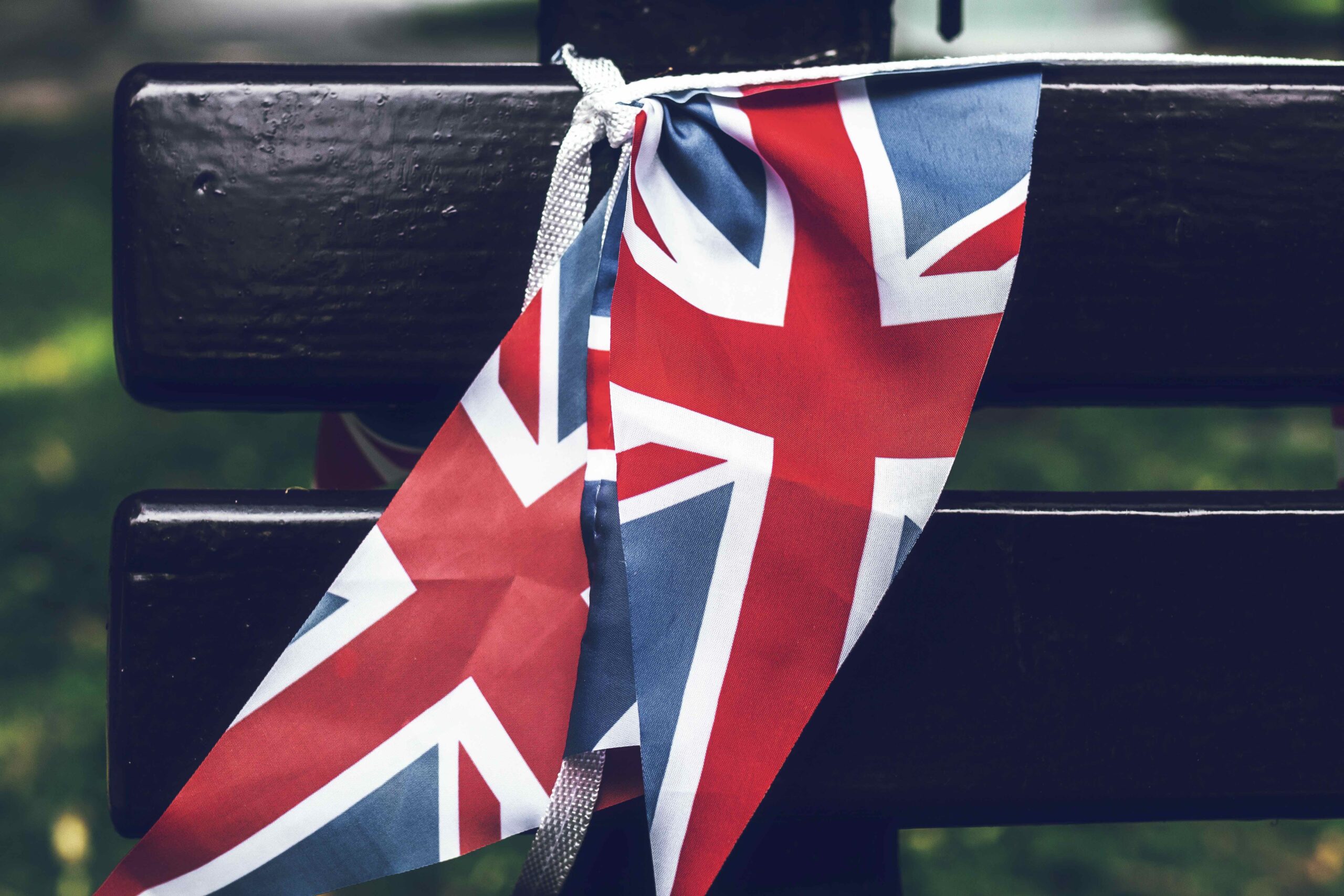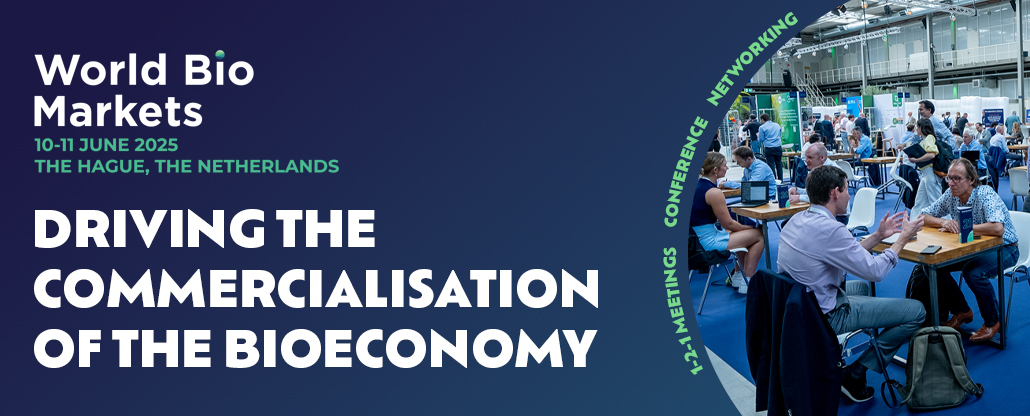UK Research and Innovation (UKRI) has invested almost £2 million in 14 projects to address consumer problems with plastic packaging. The amount has been awarded through the Smart Sustainable Plastic Packaging challenge.
Hosted by the UK government, the Smart Sustainable Plastic Packaging challenge will fund up to £60 million to support academic-led research and industry-led collaborative research and development of new technologies.
Environment Minister Rebecca Pow said: “People want to be able to buy products that are better for the environment and use less plastic. This fund is helping to create new packaging materials that are less harmful to the planet, as well as packaging for products that can either be refilled or easily recycled at home. This innovation will help us reach our goal of eliminating all avoidable plastic waste by 2024 and builds on our landmark Environment Bill which will let us introduce deposit return schemes for plastic drinks containers and make companies more responsible for the packaging they produce.”
The projects funded aim to develop better options for future plastic packaging in any industry, from big businesses to personal uses. Funding also goes to some of the UK’s most active not-for-profit organisations working to improve public information and resources to implement reuse and refill. To date, the challenge has invested over £30 million for innovation in smart and sustainable plastic packaging for consumer products. These projects include biobased, high-performance polymers which have the potential to replace the current oil-based plastic packaging materials in multiple applications for everyday consumer products.
The 14 projects will engage with an extensive network of stakeholders from the plastic packaging value chain to develop solutions for the complete plastic packaging life cycle, from production to design, and reuse and recycling.
Paul Davidson, Challenge Director for the Smart Sustainable Plastic Packaging challenge, said: “We are funding some really smart innovations for consumer packaging. When these projects move into the distribution phase, we are going to see some big changes in how we shop, our experiences with food packaging and what we understand to be plastic packaging. A change in our behaviour will be the driving point for this change in moving from single-use plastics to reuse, refill and recyclable solutions.”





